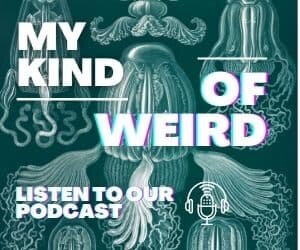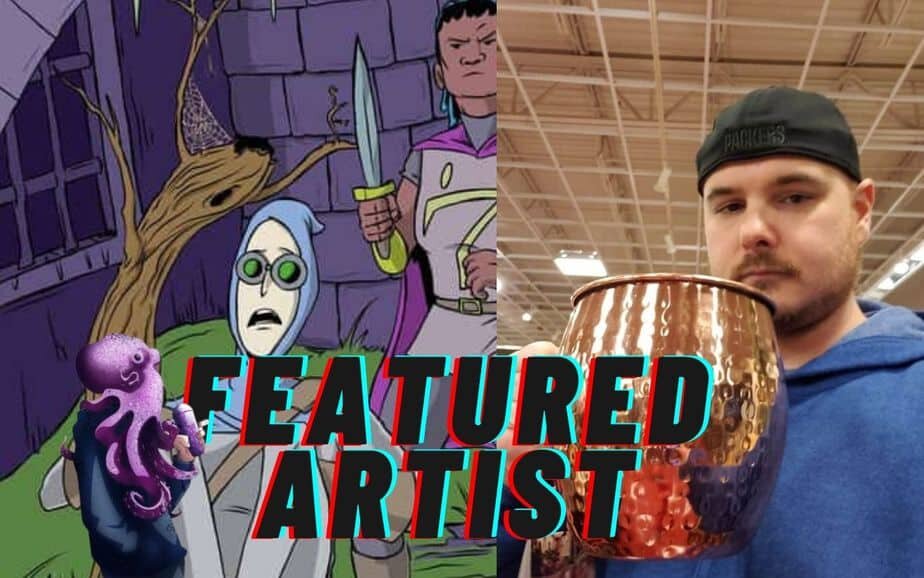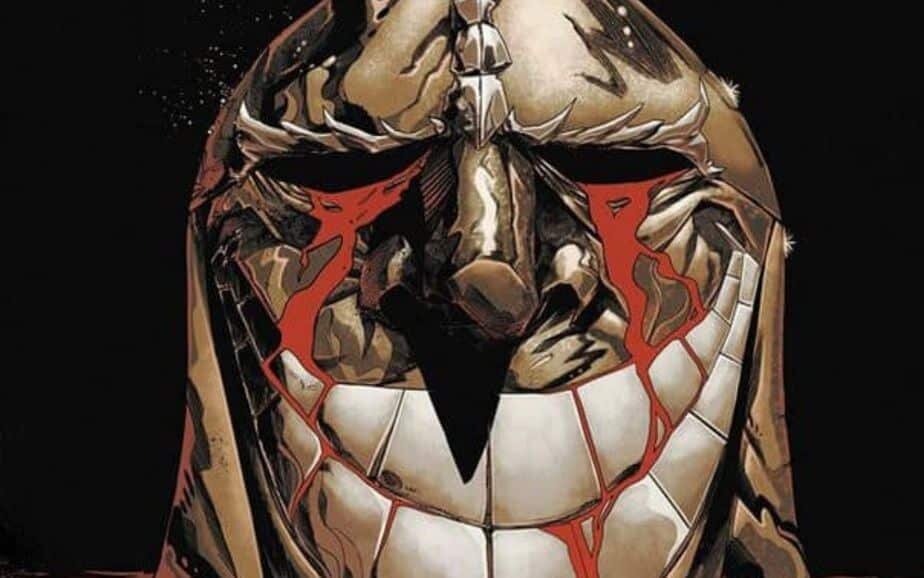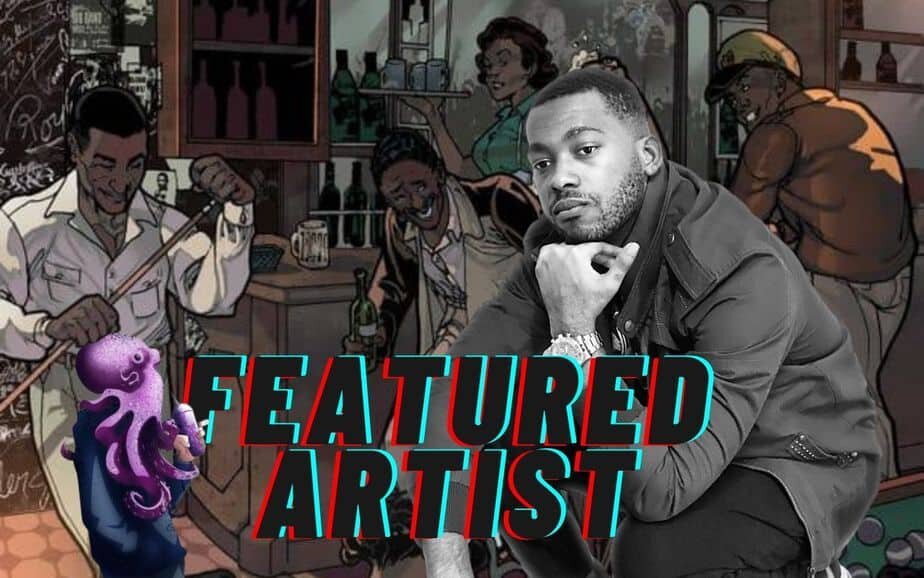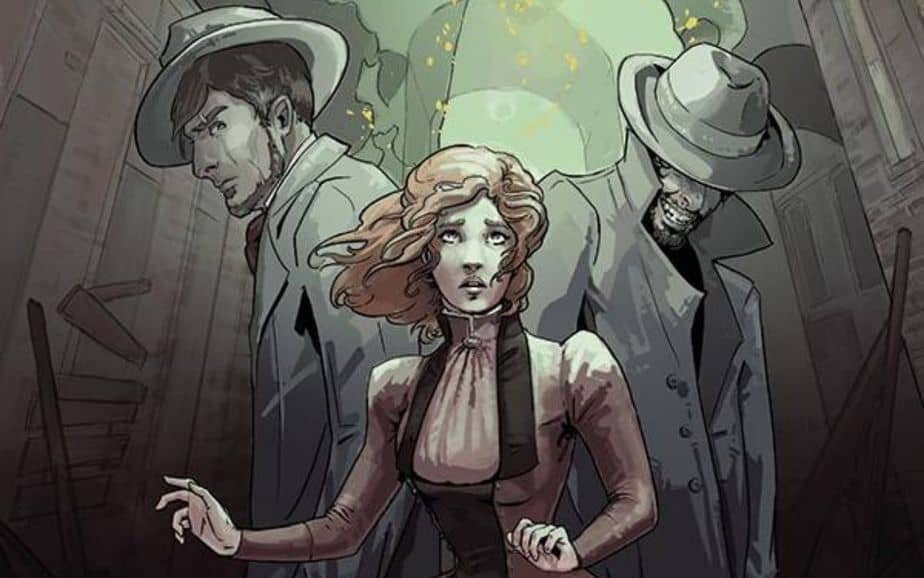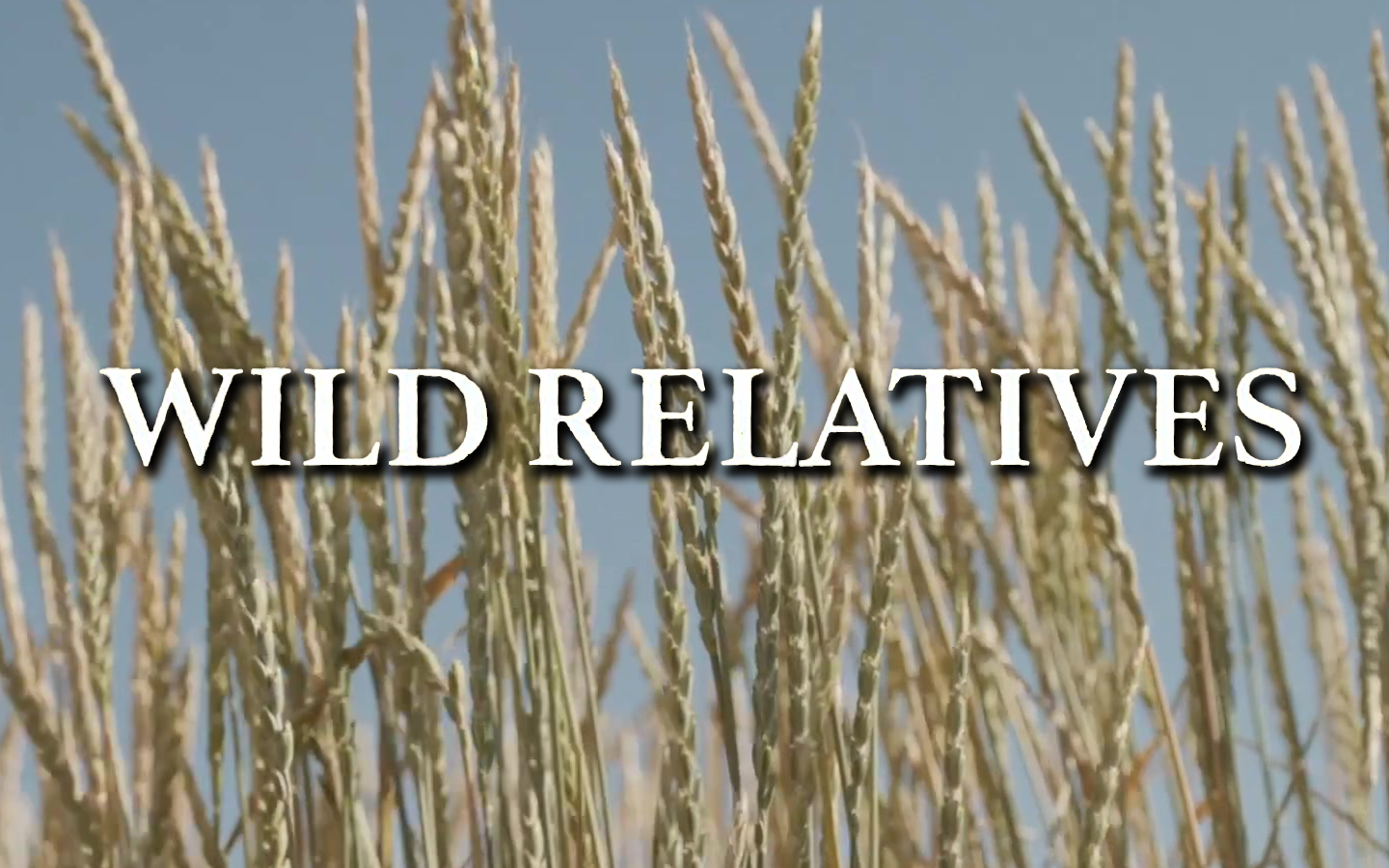
DISCLAIMER: Some of the links below are affiliate links. If you buy something from a link, we may earn a commission at no extra cost to yourself. This is used to help maintain the site and create more content for you!
Dungeons and Dragons: What do you do with 24x +2 Swords?
In this video, I tackle the tough question that a lot of fantasy RPGs foster and don’t address; how does your party dispose of 24x +2 magic swords?
Magic items are the coveted treasure pieces of Dungeon and Dragons and games of similar ilk. Typically, the settings are clearly derivative of Lord of the Rings and feature small hamlets dotting a countryside where the year’s harvest seems to be the major concern of commerce. But what about the economy of magical items?
Like it or not, “Ye Old Magic Shoppe” have become a staple of dungeon fantasy gaming. The party assembles for a task, gores to a location and slays a bunch of bad guys, and comes back with their booty. The ultimate aim of this acquisition of fantasy wealth will be for the characters to gain more powerful gear to kill yet more powerful monsters.
Adventuring becomes an ascending power curve that both Pathfinder and Dungeons and Dragons have embraced. Character stats change dynamically over time both with the benefits of level, and with the new abilities the characters have gained from their more powerful gear. Online discussions center around “build optimization” and having the right magic gear is part and parcel to that.
This fosters an economy of exchange by which player characters can liquidate their unwanted magic items and trade them in for the items that they do want. This kind of magic item commodity exchange was certainly not part of the Lord of the Rings. If it were to exist, it would require an entire industry to evaluate the items, transport them, catalog them, advertise them to interested buyers, arrange for financing, and serve as a financial intermediary between the interested parties.
In other words, the magic item industry is a product of modern thinking about value, markets, and the easy of transportation of both commodities and wealth. An actual medieval society would have none of that. Even if we allow the wizards guild to come in and serve this function, said organization would be hard pressed to deal with the concentration of wealth that your average party attempts to liquidate after an adventure.
The entire scenario drowns out the fantasy of a simply medieval life. I liked the idea presented in XCrawl, that dungeon adventurers were modern sports figures who went through prepared dungeons for the excitement of studio audiences because that now answers all the obvious questions about where the wealth that the adventures recover came from and where it is going.
Unfortunately, no one else likes or seems to have heard of XCrawl. People want their Lord of the Rings setting. Albeit, with a “Ye Old Magic Shoppe” located in The Shire.
In this video, I make my suggestion as to how to better address the problem. I divide magic loot into three categories:
- Hearing magic meant to keep the player characters in action
- Mysterious magic items that could be powerful boons or secretly cursed that the PCs will need to explore in their own time
- And magic items that mainly serve as a store of value for the PCs that they intend to liquidate at their earliest opportunity.
The first two categories of items will be used primarily by the party itself, and need not call into existence a related support structure and the economy that that suggests. Of course, the third does, but herein I have a solution in mind: What if the GM simply rewards the players directly for the value of magic items donated to causes or destroyed (if evil) in the name of justice?
For instance, you recover the Witchfire. It’s an evil artifact that spontaneously animates the dead and traps their souls. In a traditional game, you would try to get some monetary value from it in order to translate that to a magic item you actually wanted. Instead, I say, have a ceremony where you destroy the item in the name of your cause, and the cause rewards you directly with prestige which is expressed through experience/character points.
The direct reward of XP satisfies the characters needs for a payoff. Furthermore, advancing a level is often less game breaking and more easily understood that acquiring the latest magic item out of the sourcebook entitled, “Overpowerd magic items for your character volume 3.” It also invite more role playing opportunities.
Pick up some Tabletop Games
Pick up some Tabletop Games like Dungeons & Dragons through Things from Another World.
Want more ?
RELATED ARTICLES:
Introducing the Dungeon Fantasy
A Quality Based Approach To Crowdfunding

